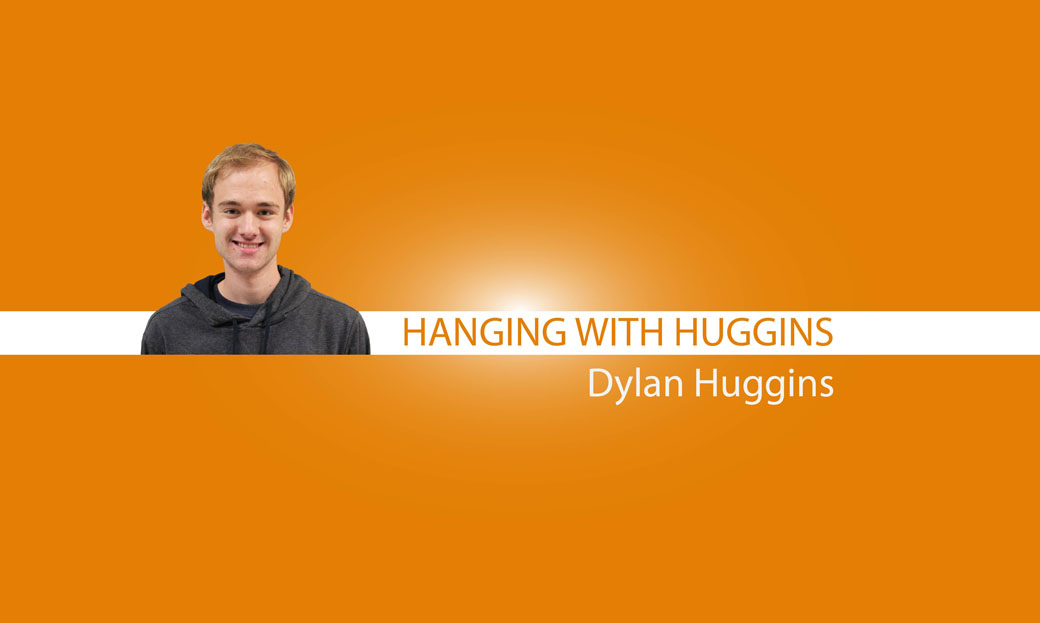
Fantasy football creates hype, problems for fans and athletes
The NFL season kicked off September 4th, and that means one thing — fantasy football: a game that allows individuals to earn points with NFL players and play against their friends and family.
The amount of time I have spent on my phone as it relates to fantasy football is ridiculous. During the week, I would read reports from ESPN.com and NFL.com asking myself things like “Should I sit Tony Romo this week or start him? Do I need to improve my defense or stick with the one I have?” I’m sure similar questions go through the minds of other fantasy football participants.
ESPN’s fantasy football game allows you to have 16 players on your team. The starting roster includes one quarterback, two running backs, one tight end, two wide receiver’s and one flex player. The flex can either be a running back, a tight end or a wide receiver. Players are also allowed seven bench players.
This is an exciting and competitive game because individuals want to win, but are people cheering for their fantasy team or their favorite team?
Last week when the Green Bay Packers faced off against the Seattle Seahawks, I came across this predicament. Marshawn Lynch, the running back for the Seahawks, was one of the starting running backs for my fantasy team. I wanted to win in my fantasy game, but I would rather see my favorite team, the Packers, succeed in real life.
Ryan Riddle, a former NFL player and a featured columnist for Bleacher Report said fantasy football is beginning to have far-reaching effects in the virtual and real world.
“Fantasy football has still managed to impact NFL players tremendously, thanks in large part to the emergence of social media such as Twitter,” Riddle said.
Greg Jennings, who is a wide receiver for the Minnesota Vikings, also had some things to say about Sunday’s fantasy game. In a Forbes magazine column, Jennings said fantasy football has a lot of influence on players.
“When a player says it doesn’t really bother them, they’re lying,” he said. “That’s the politically correct answer. As players, it puts pressure on us to make sure we’re the liked player in that category. It plays with your mind.”
Imagine if college players were involved in fantasy football. One afternoon, the Coyotes are facing the Jackrabbits, and the Jackrabbits are about to score. It just so happens you have their running back on your team and they score. Are you excited because it benefits your fantasy team or disappointed because USD lost the game? Hopefully it’s the second choice.
I’m not saying fantasy football is a bad thing — I enjoy playing with my friends during the season. But if people are calling themselves loyal fans, are they supporting a team that may win them money or one that can actually win the Super Bowl?
